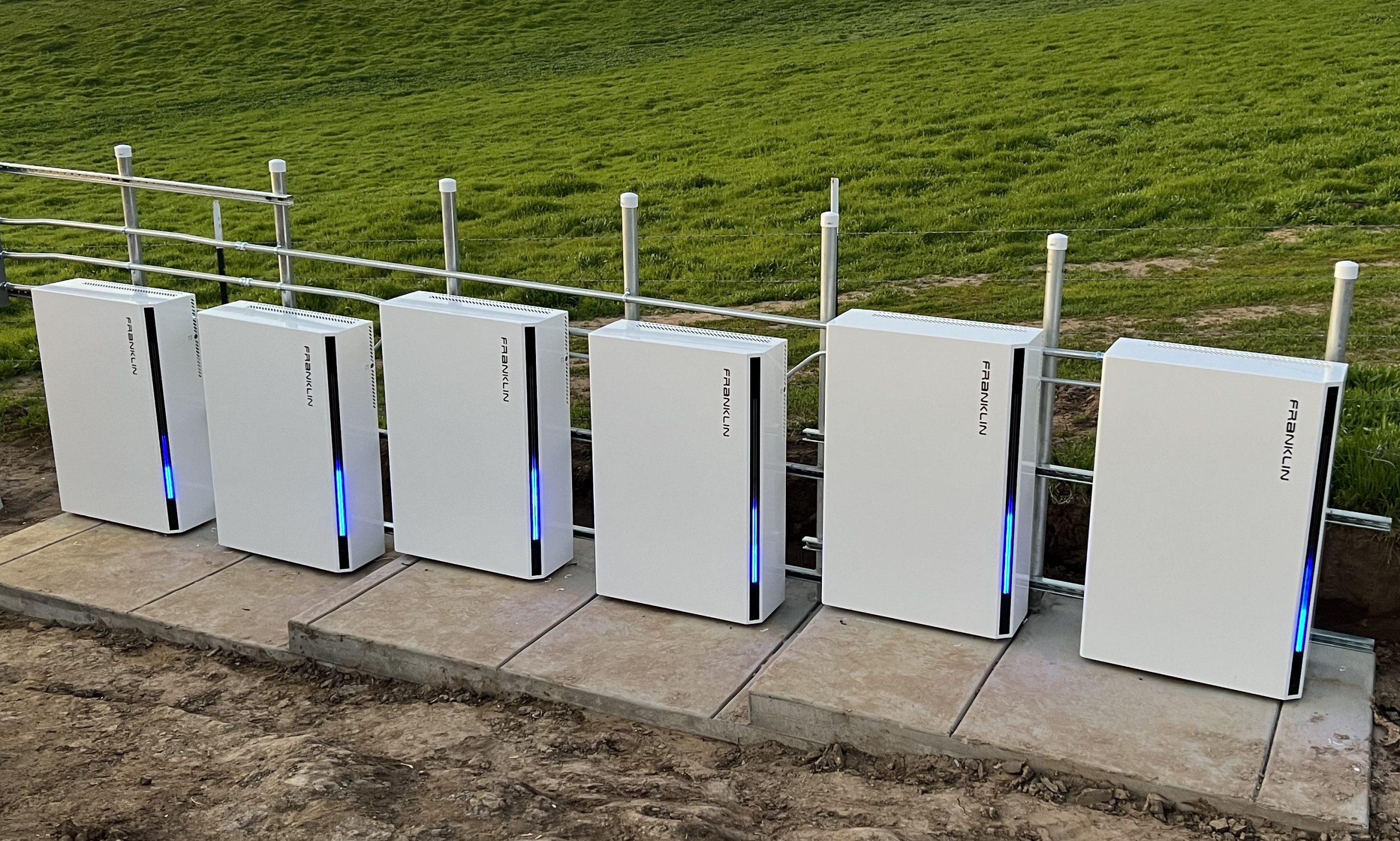In a world focused on energy consumption and reliability, many homeowners seek alternative power solutions. The need to maintain power during outages or manage energy efficiently has increased the popularity of battery backup systems. However, not all backup systems offer the same benefits. While single-battery solutions may appear simple and cost-effective, a whole home backup power provides more comprehensive advantages. It delivers greater reliability, efficiency, and peace of mind.
Here, we will explore the advantages of choosing a whole home battery backup system over a single battery. Ensure home power during outages, integrate with PV systems for efficiency, and enjoy peace of mind and savings with whole home backup solutions.
1. Whole Home Power vs. Limited device Support
A key difference between whole home and single battery systems is the power coverage they provide. A whole home system powers your entire house during outages. In contrast, a single battery usually supplies energy only for essential devices.
Whole home battery back-up
A whole home battery backup powers every circuit in your home, ensuring uninterrupted daily activities. Appliances like refrigerators, heating, air conditioning, security systems, and entertainment devices stay operational. This is crucial for homes with essential needs, like medical equipment requiring constant power. A whole home solution lets you keep your entire home running smoothly, without choosing which devices to prioritize.
Single Battery
A single battery backup usually supports a limited power load. It might run your Wi-Fi, a few lights, and possibly a refrigerator for a few hours. However, it can’t handle larger appliances or prolonged outages. This limitation is significant in areas with frequent outages or critical power needs. For short-term use, it may suffice, but it’s inadequate for full-home, long-term power requirements.
2. Extended Power Supply
A major advantage of whole home battery systems is their ability to provide power over extended periods. They can handle short disruptions or multi-day blackouts with ease. When combined with renewable sources like solar panels, they offer continuous power as long as needed.
Whole home battery backup
Whole home battery systems usually have larger capacities or can be scaled with additional batteries for extended use. Integrated with solar power, these systems can recharge during daylight hours, providing a nearly limitless energy supply. During prolonged outages, your home can operate smoothly for days or even weeks, depending on sunlight and usage.
single battery backup
Single battery systems often last only a few hours and power limited devices. Once drained, they require manual recharging, typically dependent on grid restoration. During extended outages, a single battery solution may leave you without power, making it less reliable for long-term needs.
3. Seamless Integration with Solar Energy
With today’s focus on sustainable energy, many homeowners are installing solar panels. Whole home battery systems integrate seamlessly with solar energy. This setup provides an eco-friendly, cost-efficient way to power your home during outages.
Whole Home Battery Backup
Whole home battery systems work with solar panels to store excess daytime energy for later use. This stored energy can power the home at night or on cloudy days. By using renewable energy, homeowners can reduce grid reliance and even live off-grid. This setup is eco-friendly and offers long-term savings on energy bills. Seamless integration ensures consistent energy management, even when the sun isn’t shining or the grid goes down.
Single Battery Backup
Some single battery solutions can connect to solar panels but aren’t designed to store large energy amounts. Their limited capacity means they may quickly deplete, even with solar connection. Efficient solar energy capture and storage often require complex setups. Therefore, they are not ideal for households aiming to maximize renewable energy use.
4. Advanced Energy Management Features
Whole home battery systems often include advanced energy management features, allowing homeowners to optimize energy use efficiently. These features offer insights into consumption patterns, helping manage power more effectively during outages.
Whole Home Battery Backup
Whole home systems often feature smart technology for real-time monitoring and energy management. This includes energy usage tracking and priority-based power distribution to essential devices first. Homeowners can adjust energy use based on available power, optimizing supply during outages. Essential functions, like heating or refrigeration, stay active with this system. These management systems also connect with smart home devices, allowing remote control and monitoring via smartphones or other devices.
Single Battery Backup
Single battery solutions are generally less advanced and lack the smart management features of whole home systems. They often provide only basic on/off functionality, offering limited control over energy distribution during an outage. This can result in faster depletion of available power.
5. Long-Term Investment and Cost Savings
While the initial cost of a whole home battery backup system may be higher, it offers substantial long-term savings, both in terms of energy efficiency and reliability. The ability to manage energy consumption more efficiently and reduce reliance on the grid can lead to significant cost savings over time.
Whole Home Battery Backup
The long-term financial benefits of a whole home battery system often exceed the initial investment. These systems lower energy costs by storing and using off-peak electricity. Combined with solar panels, they can significantly reduce or eliminate energy bills. Reliable power during outages also prevents costly disruptions for home-based workers and avoids food spoilage or HVAC-related damage in extended blackouts.
Single Battery Backup
Single battery solutions may appear more affordable initially, but their limited power and duration can increase costs long-term. Additional batteries or inability to power critical devices during long outages can lead to extra expenses. They also lack the energy savings and grid independence benefits of whole home systems.
Conclusion: Whole Home Battery Backup System is the Superior Choice
A single battery backup may work for short-term or limited power needs. However, a whole home battery system offers a more reliable, long-term solution. It powers the entire home during outages and integrates with solar for maximum efficiency. Whole home systems provide peace of mind and long-term cost savings. As energy reliability and sustainability grow more important, whole home battery systems offer a dependable, eco-friendly solution. This makes them the ideal choice for homeowners seeking a future-proof energy solution.

